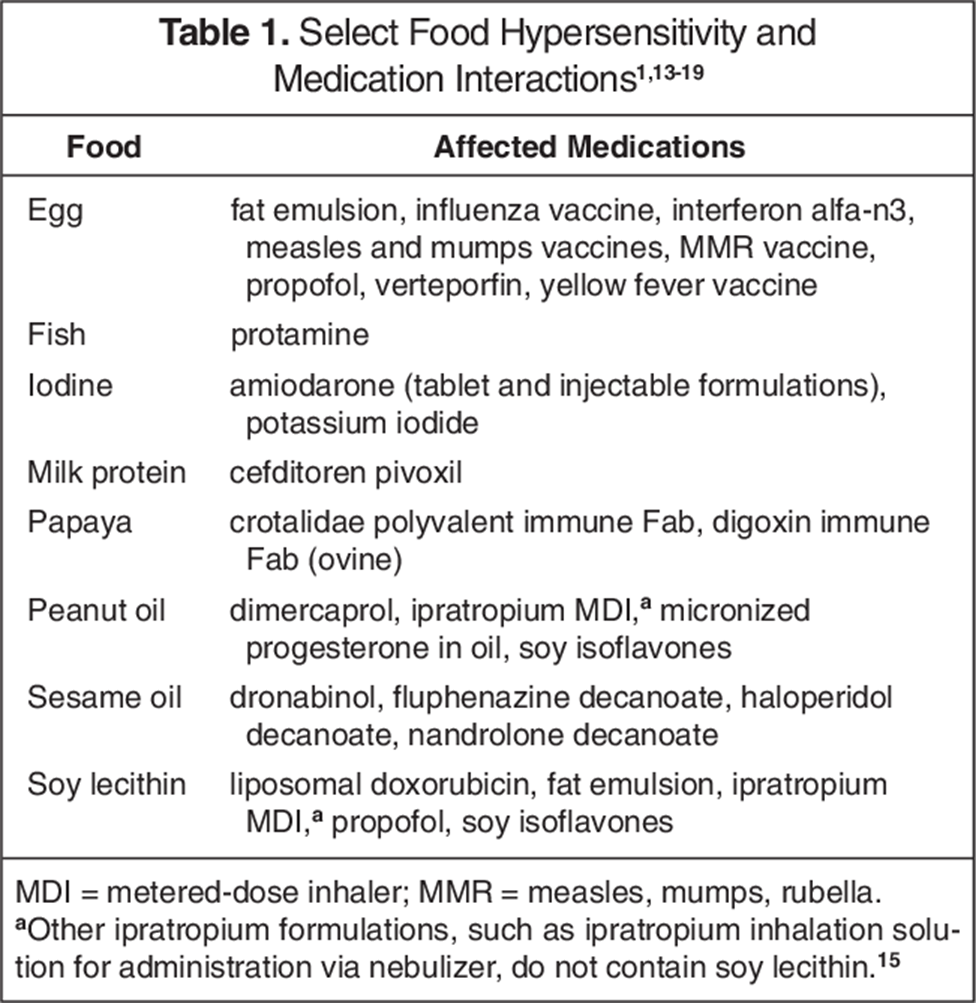A nurse is asking a preoperative client about food allergies. Which of the following food allergies indicates a potential reaction to propofol?
Shellfish
Eggs
Strawberries
Avocados
The Correct Answer is B
A. Shellfish has no known interactions with propofol.
B. Propofol, a commonly used anesthetic agent, contains egg lecithin as an emulsifier. Therefore, individuals with egg allergies are at risk of having an allergic reaction to propofol. It's essential for the nurse to identify this allergy to ensure the client's safety during the administration of anesthesia.
C. Strawberries do not interact with propofol.
D. Avocados do not interact with propofol.

Nursing Test Bank
Naxlex Comprehensive Predictor Exams
Related Questions
Correct Answer is {"A":{"answers":"A"},"B":{"answers":"A"},"C":{"answers":"A"},"D":{"answers":"A"},"E":{"answers":"A"},"F":{"answers":"B"},"G":{"answers":"C"}}
Explanation
A) Metoprolol is a beta-blocker that can help reduce heart rate and blood pressure, which is beneficial in cases of chest pain and irregular tachycardia.
B) Oxygen at 2 L/min via nasal cannula is anticipated because the client's oxygen saturation is below normal, indicating they may benefit from supplemental oxygen.
C) Drawing electrolytes along with Hgb and Hct is anticipated as it is important to monitor these levels due to the client's symptoms and history of hypertension and diabetes.
D) Morphine is anticipated because the client reports pain, and morphine can provide pain relief and reduce the workload on the heart.
E) Nitroglycerin is a standard treatment for chest pain due to its vasodilating effects, which can improve blood flow to the heart.
F) Obtaining daily weight is nonessential at this moment because it does not directly address the acute symptoms the client is experiencing.
G) Atropine is contraindicated as the client's heart rate is tachycardic, not bradycardic, and atropine is used to increase heart rate.
Correct Answer is ["D","E","H"]
Explanation
A. This prescription addresses hypokalemia. Potassium chloride is administered intravenously to help normalize potassium levels within the desired range. However, in this case the patient’s potassium is 5.5 hence does not require potassium chloride.
B. The client has mild hyperkalemia; hence, continuous cardiac monitoring is prudent to detect any potential arrhythmias or changes in cardiac status. However, the priority interventions are insulin therapy, hydration, and urinary catheter insertionto monitor input and output.
C. Subcutaneous insulin administration may be appropriate for clients with diabetes mellitus, but in this case, the client's blood glucose level is critically high, and they may be experiencing diabetic ketoacidosis (DKA), which requires rapid correction. Subcutaneous insulin administration would not provide the prompt and aggressive treatment required for DKA.
D. This prescription addresses the client's hyperglycemia and acidosis indicated by the blood glucose level of 468 mg/dL and pH of 7.30, respectively. Continuous intravenous insulin infusion is the standard treatment for diabetic ketoacidosis (DKA) to lower blood glucose levels and correct acidosis.
E. This prescription addresses the client's dehydration indicated by the elevated blood glucose level, decreased blood pressure, and slight tenting of the skin. Intravenous fluid resuscitation with 0.9% sodium chloride is initiated to restore intravascular volume and correct electrolyte imbalances.
F. Administering D5W intravenously is contraindicated in the setting of hyperglycemia and diabetic ketoacidosis (DKA) because it would exacerbate the already elevated blood glucose levels. D5W contains glucose and would further increase blood glucose levels, worsening the client's condition.
G. While monitoring blood glucose levels is important for clients with diabetes, checking it every 4 hours is not sufficient in this scenario, especially given the client's markedly elevated blood glucose level of 468 mg/dL and symptoms suggestive of diabetic ketoacidosis (DKA). Therefore, blood glucose levels should be monitored at least hourly.
H. Monitoring urine output is important in clients with diabetes and dehydration. Therefore, inserting an indwelling urinary catheter is important in this scenario.
Whether you are a student looking to ace your exams or a practicing nurse seeking to enhance your expertise , our nursing education contents will empower you with the confidence and competence to make a difference in the lives of patients and become a respected leader in the healthcare field.
Visit Naxlex, invest in your future and unlock endless possibilities with our unparalleled nursing education contents today
Report Wrong Answer on the Current Question
Do you disagree with the answer? If yes, what is your expected answer? Explain.
Kindly be descriptive with the issue you are facing.
